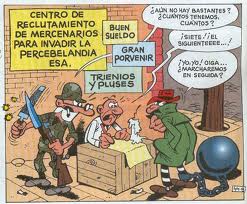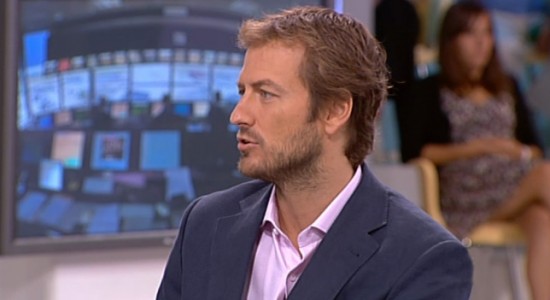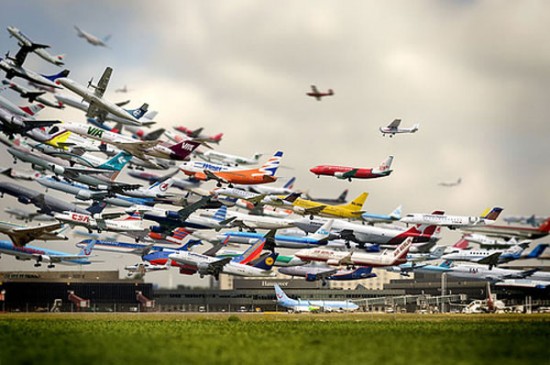
Pilotos internacionales advierten sobre problemas de seguridad en España
The Associated Press
BRUSELAS — La organización de pilotos más grande del mundo dijo el viernes que un conflicto salarial de los controladores aéreos en España genera temores por la seguridad en el espacio aéreo español.
La Federación Internacional de Asociaciones de Pilotos de Aerolíneas (IFAPA por sus siglas en inglés) dijo que la disputa podría generar tensiones crecientes en el lugar de trabajo de los controladores, escasez inesperada de controladores y demoras imprevistas.
La semana pasada, el gobierno español dijo que pondría fin a la autonomía de los controladores y el control sobre sus salarios, que en promedio son de 375.000 euros (513.400 dólares) anuales en un país que padece una crisis económica con gran desempleo.
IFAPA dijo que los pilotos deben ser cautelosos en la región, llevar combustible adicional y prestar atención especial a las comunicaciones con los controladores.
http://www.elnuevoherald.com/noticias/mundo/mundo-ap/story/651887.html
Temperature rising in Spanish ATC
12 February 2010
IFALPA has been notified by its Spanish Member Association SEPLA that the negotiation of a new labour agreement between Spanish controllers and AENA (the ATM service provider) has taken an unexpected twist after the approval by the Spanish gov- ernment of a “Urgent Royal Decree” which changes the previous agreement.
The Federation has no position on the state of the negotiations or the tactics employed in the dispute. However, the dispute does raise some safety concerns. Consequences may include increased tension in the controller’s work place, economic worries of ATC staff, unanticipated shortage of ATCOs and unexpected delays throughout Spanish airspace.
SEPLA recommend that aircrews exercise extreme caution when flying within the Spanish FIRs (this includes the Spanish main- land, Balearic and Canary Islands as well as delegated airspace) and to consider the following safety recommendations:
Increased vigilance of all ATC procedures
Adhere strictly to standard operating procedures, paying extra attention to communications mainly when entering con- gested airspace (TMAs for example)
Consider taking extra fuel for unexpected extended delays or diversions Exercise special attention during all ground movements



